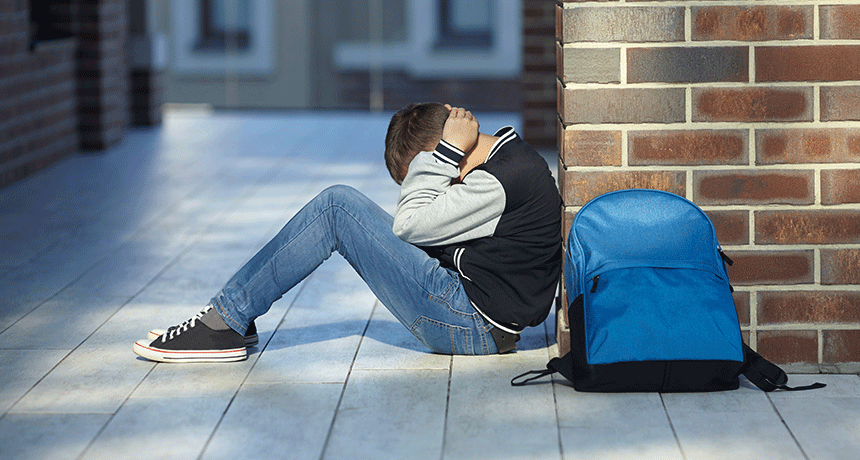
GET TO KNOW YOUR OWN
LEMON
This highlights the idea that what we see on the outside is not always the most important part of identifying someone.
RETHINK STEREOTYPES
While some stereotypes may seem harmless, stereotypes put people into a box and limit them from exploring their own differences. Stereotyping, in some cases, can be helpful when we have to group things together really fast. The problem comes when we think that everyone in this group is the same and they all fit perfectly into that category we put them in. Stereotyping leads to exclusion because it puts people in groups and children tend to not associate or share with people outside their own perceived group. One way to do this is to use specific language, this helps the child distinguish that it’s the individual who does the thing, not the entire group. Stereotypes can reinforce sexism, racism, and other negative views on a group. Teaching about the harms of stereotyping at this age may help decrease these negative views later.
ACTIVITY TIME!
Get a group of 3+ children.
Give each a lemon and a minute to look at it.
After a minute have them place the lemon in a bsaket.
Have them look away and then come back and identify their lemon, most will be able to.
Then have them peel the lemon and put it back in the basket.
They likely won't be able to pick out their lemon compared to others now.
LOSING FRIENDSHIPS
At this age, children are learning more and more about their individual self. With these changes in personality and self-growth, friendships aren’t always meant to last, and that’s okay. It is important to note and let your child know that friendships aren’t always meant to last forever and will change throughout life. Tell them about your own experiences and friends you had at their age. Friendships do come and go with age and as people change. Talk about the lessons that certain friends have given your child and the positives they can take away from that friendship, even if the friend is no longer in their life.
WAYS TO COPE

Let Yourself Be Sad
It is okay to feel sad that a friendship ended. If needed, find someone you trust to talk to.

Don't Blame Yourself
The loss of a friendship comes from a situation that involved more than one person, it is not all your fault.

Think Ahead
Move on from the previous friendship. Not every friend is meant to stay in your life forever.

Focus on Yourself
Put your energy into other friendships or finding a new hobby.
THINGS TO TRY
If you need closure from a lost friendship:
Write a letter to the friend explaining how you feel.
Don't send the letter but use it as a way to get out unsaid feelings.
DATING SAFETY
At this age, kids are likely to have started developing crushes in school and feeling more romantic feelings towards others. It is important to let your child know that these feelings are a normal part of growing up. When another child shows interest in yours and they are uncomfortable with the situation, let them know it is okay to tell the other child they are not interested, there is no reason for anyone to make them uncomfortable. This age is for exploration, think of dating as an opportunity for your child to explore more relationships. With the introduction of social media, dating becomes a little bit trickier. Remind your child to not share any personal information online like your last name, phone number, address, school, or birthday. Teach them about identify fraud and how not everyone online is who they say they are. There are also many emotional effects that come from breaking up in a dating relationship that may be better if a child is prepared for them.
PERSONAL INFORMATION
This is information that should not be shared with anyone you do not trust.
If you ever feel scared or uncomfortable, tell someone!




